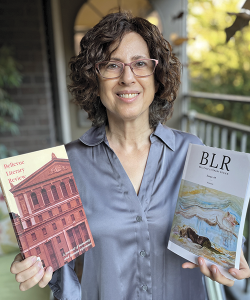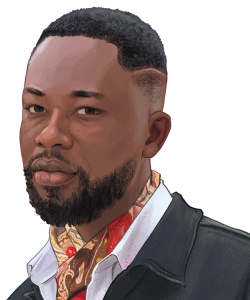The Time Is Now: Writing Prompts and Exercises

Write a poem that reflects on the passing of time, a story that uses anonymity to build themes of disappearance and loneliness, or a personal essay about your relationship to a specific technology.
Jump to navigation Skip to content

Write a poem that reflects on the passing of time, a story that uses anonymity to build themes of disappearance and loneliness, or a personal essay about your relationship to a specific technology.

A study in iScience found a 43 percent drop over the last twenty years in the number of Americans who report reading for pleasure daily.

Bellevue Literary Review celebrates twenty-five years of platforming creative writing about health and the world of the body.

Flash fiction writer Patricia Q. Bidar highlights journals, including Ghost Parachute and Flash Frog, that embrace the shortest of short fiction and have published her work.

A writer of fiction and nonfiction forgets her laptop on a mini writing retreat and discovers new and productive paths through creativity without the constant pull of technology.

The newly appointed U.S. poet laureate discusses how he learned his craft as a literary translator and his plans for promoting poetry in translation.

Ten debut poets, including Gbenga Adesina and Kalehua Kim, share the inspiration, advice, and writers block remedies that have sustained their literary practices.

A poet recommends a three-day program to examine your writing, where you write, what you write with, and what your goals are as a way to refresh your spirit and energize your writing practice.

The celebrated writer shows how science fiction’s “novums”—the futuristic or fantastical developments a writer invents in their work—can delve into philosophical questions, explore contemporary issues, and help us see worlds that are not yet real.

Five acclaimed writers traverse the literary landscape, gleaning lessons from diverse genres of writing and bringing them back to bear on any work.